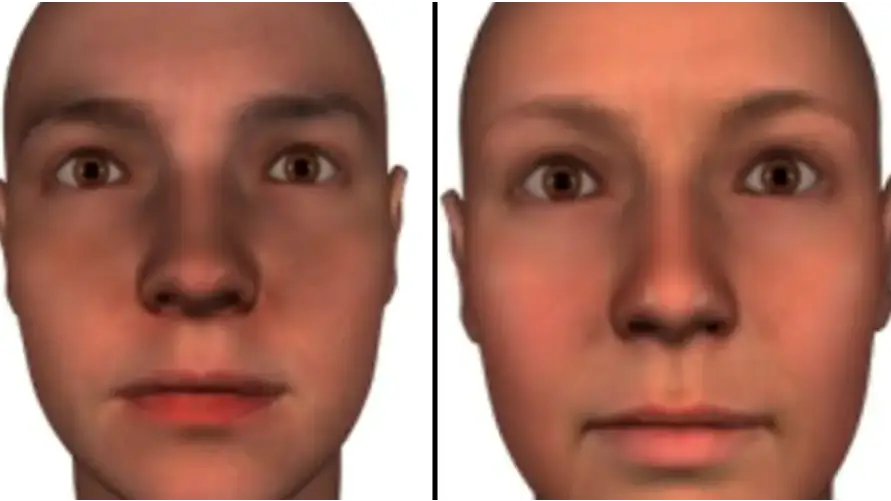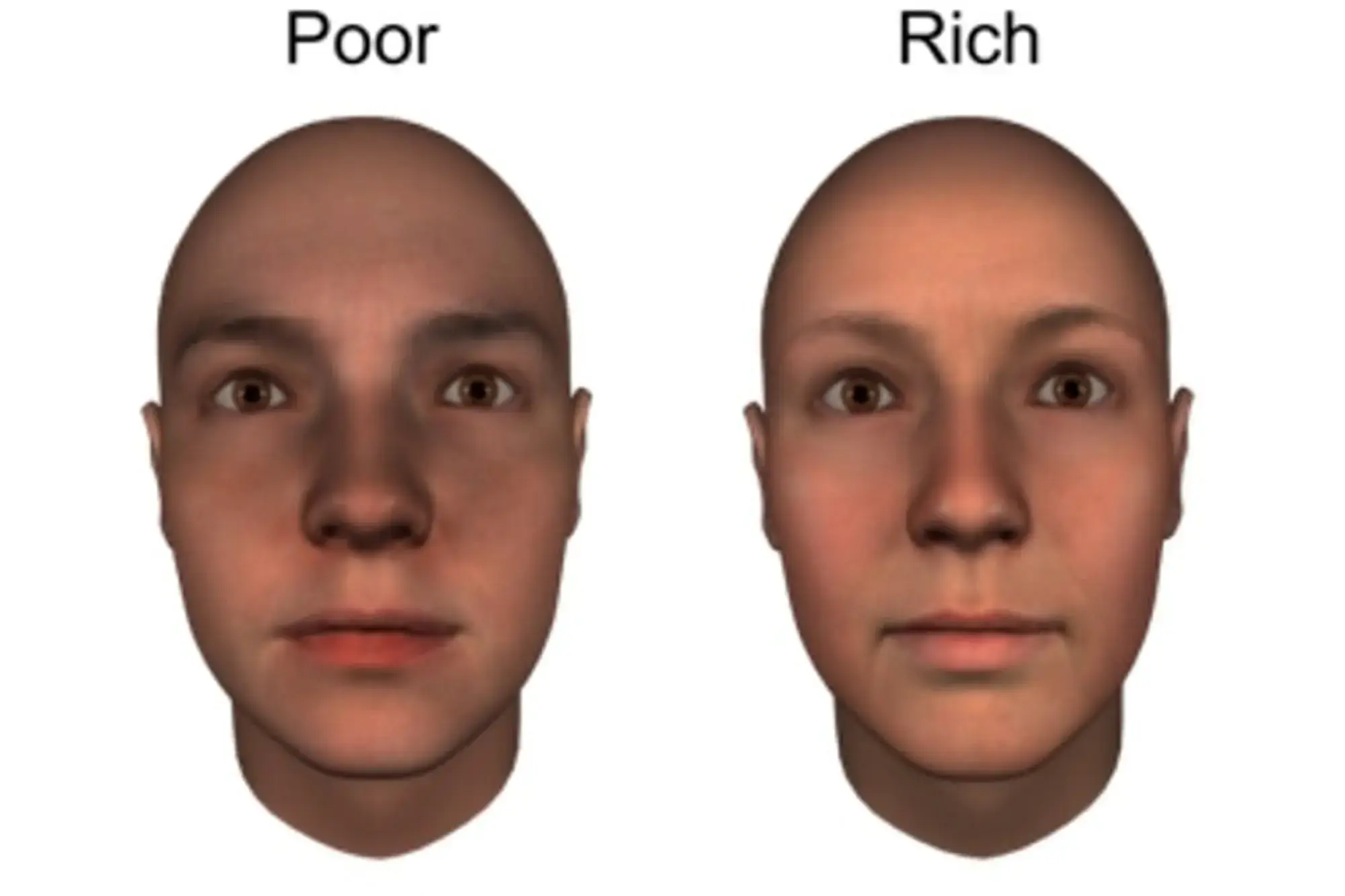
A new study has found that people can be perceived to be rich or poor based on their face. I don’t even need to see this study to know where I fall.
Researchers from University of Glasgow looked at what makes someone look like they’re from a higher or lower social class - so rich or not-so rich - based upon the judgements folks make about their appearance.
The team, who carried out the study with white participants from Western cultures, were then able to determine which features were unconsciously associated with someone being in a higher or lower class.
Advert
So what makes you look richer? Well, the findings, which were published in the APA Journal of Experimental Psychology: General, say that those who have narrow faces with upturned mouths, closely-spaced eyes with raised brows and a warmer complexion were deemed to be better off.
Interestingly, people also linked these features with competence, warmth and being trustworthy.
Conversely, those who were perceived to be of a lower social class had wider, shorter and flatter faces alongside downturned mouths and cooler complexions.

And, following suit, these people were also seen to be less competent and trustworthy.
Commenting on the finding, the study’s author Dr R Thora Bjornsdottir said: “People who are perceived to be of high or low social class standing are also often judged as having advantageous or unfavourable traits, respectively. Such judgements are formed even just from facial appearance, and this can have substantial downstream consequences, including disadvantaging those who are perceived to be of lower social class standing.
“In our study, by revealing the facial features that underlie these subjective judgements, we provide new insights into what makes someone look rich or poor and show how these judgements relate to positive and negative stereotypes (such as competence vs. incompetence).

"The results suggest that social class stereotypes explain the link between facial appearance and judgements of individuals’ social class standing. This highlights that the stereotypes we hold are consequential for how we perceive others - they bias our perceptions. Our impressions of other people can then lead to particular advantages or disadvantages for them.”
Professor Rachael E. Jack, Professor of Computational Social Cognition, added: “Our research demonstrates how specific facial attributes play a pivotal role in connecting social class perceptions with related stereotypes. These findings are not only valuable for advancing our understanding of central social perception theories, but could also help with future interventions designed to interrupt biased perceptions.”